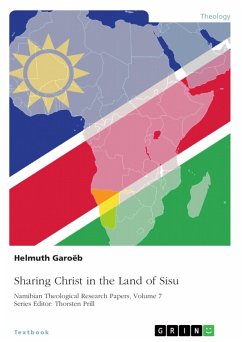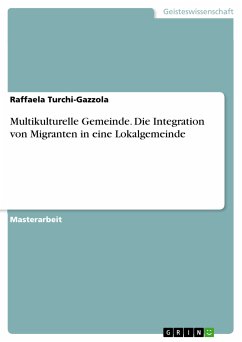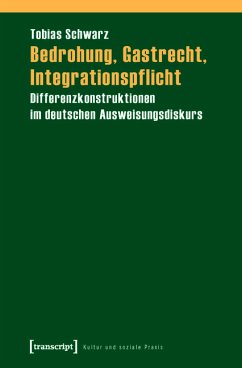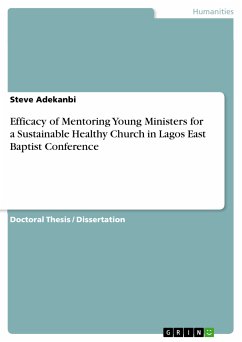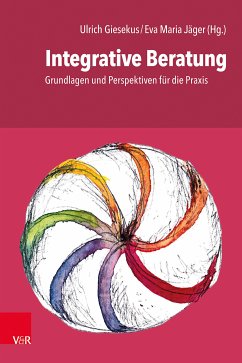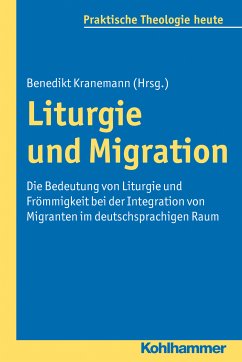
Global Mission on our Doorstep (eBook, PDF)
Forced Migration and the Future of the Church
Sofort per Download lieferbar
Statt: 34,99 €**
24,99 €
inkl. MwSt. und vom Verlag festgesetzt.
**Preis der gedruckten Ausgabe (Broschiertes Buch)
Alle Infos zum eBook verschenkenWeitere Ausgaben:

PAYBACK Punkte
0 °P sammeln!
Document from the year 2017 in the subject Theology - Practical Theology, , language: English, abstract: In the face of globalisation, one of the challenges for Christians ministering to asylum seekers and refugees in the United Kingdom is the question of integrating Christian asylum seekers and refugees into the Christian community. British churches and para-church organisations that are involved in refugee ministry have to decide whether they want to support the formation of independent refugee churches or the integration of refugees and asylum seekers into local indigenous churches. This th...
Document from the year 2017 in the subject Theology - Practical Theology, , language: English, abstract: In the face of globalisation, one of the challenges for Christians ministering to asylum seekers and refugees in the United Kingdom is the question of integrating Christian asylum seekers and refugees into the Christian community. British churches and para-church organisations that are involved in refugee ministry have to decide whether they want to support the formation of independent refugee churches or the integration of refugees and asylum seekers into local indigenous churches. This thesis examines these options from a missiological perspective. Two social research projects form the heart of this study. One compares the life and ministry of two mature minority ethnic churches, the other investigates the integration process at a British church that has been involved in refugee ministry for almost a decade. Contrary to the widespread view that the establishment of homogeneous churches is crucial for the mission of the church in postmodern British society, the findings of this research suggest that the integration of asylum seekers and refugees into indigenous British churches is the better option. They further demonstrate that it is not the mono-ethnic refugee church but the multi-ethnic church which makes the greater contribution to the integration of Christian asylum seekers and refugees and to the missio Dei in Britain. In a multi-ethnic church, asylum seekers and refugees serve as role models to British Christians and especially as effective agents of mission. These research findings also show that the integration of asylum seekers and refugees is promoted through the congregation within the congregation model and an incarnational approach to mission. However, they equally indicate that various stumbling blocks can hinder the integration process. These include a low ecclesiology, a lack of awareness of globalisation, and a reac- tive leadership style and church culture.
Dieser Download kann aus rechtlichen Gründen nur mit Rechnungsadresse in A, B, BG, CY, CZ, D, DK, EW, E, FIN, F, GR, HR, H, IRL, I, LT, L, LR, M, NL, PL, P, R, S, SLO, SK ausgeliefert werden.




